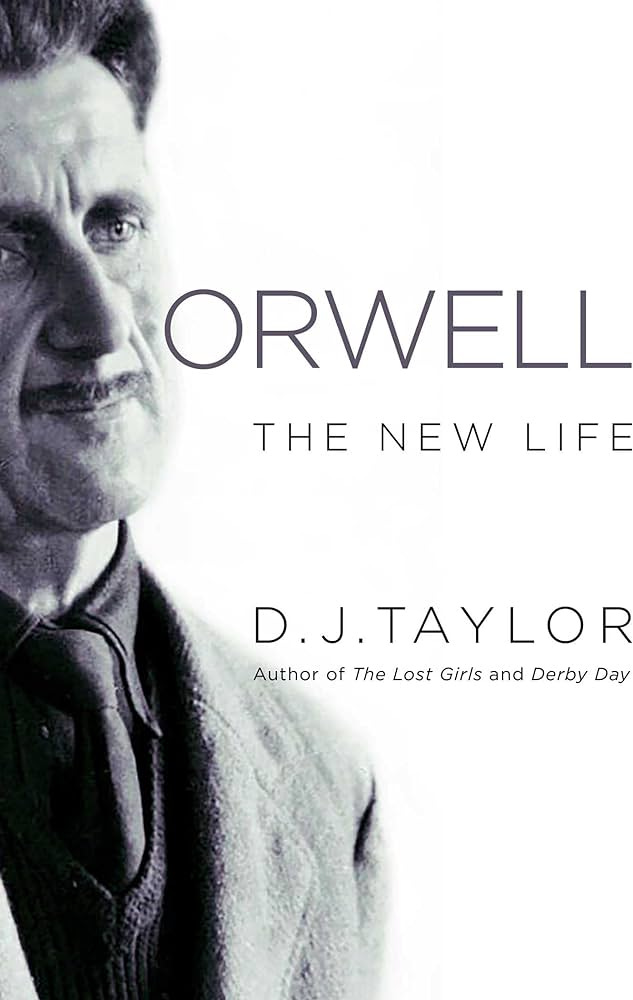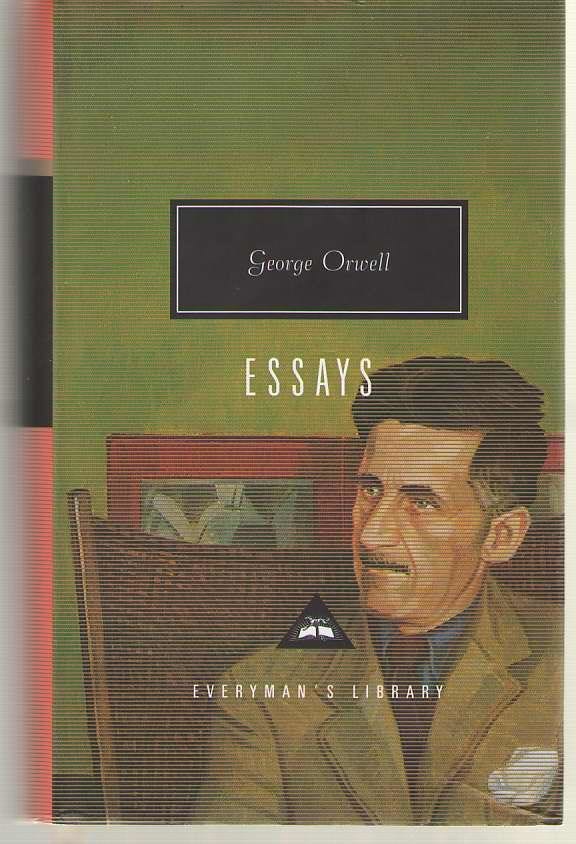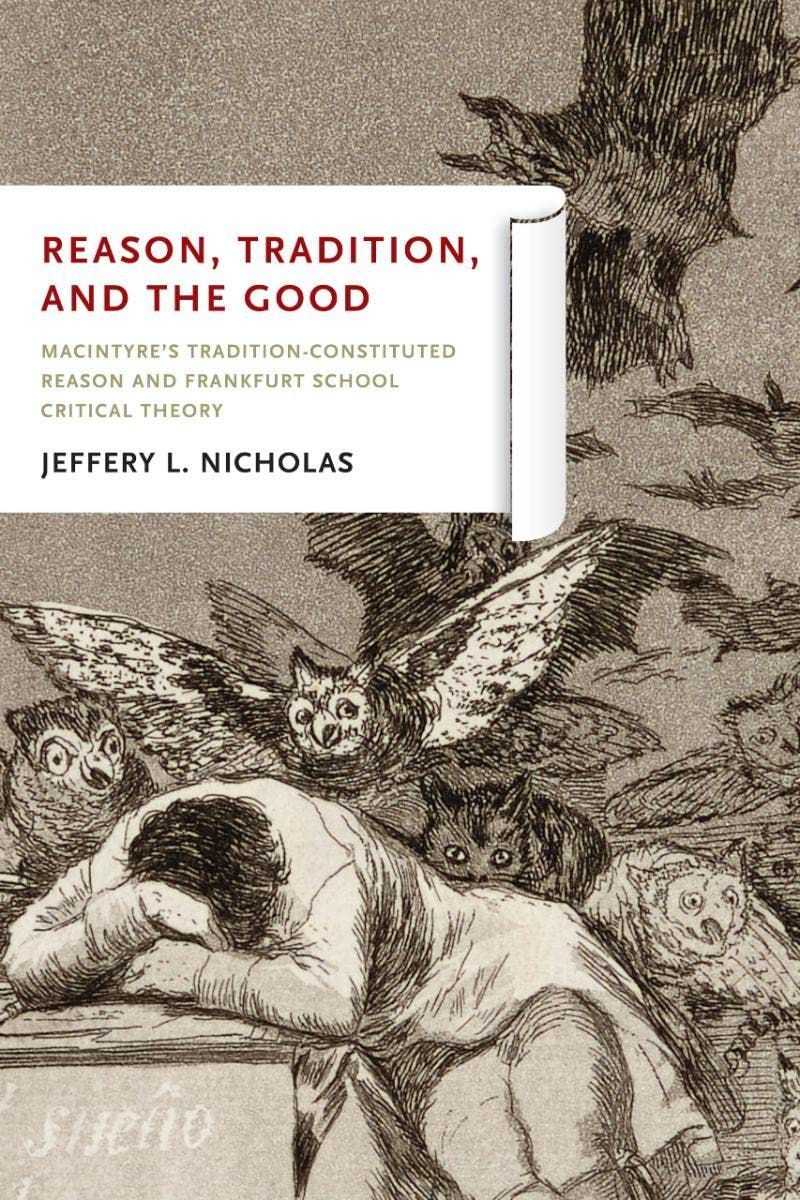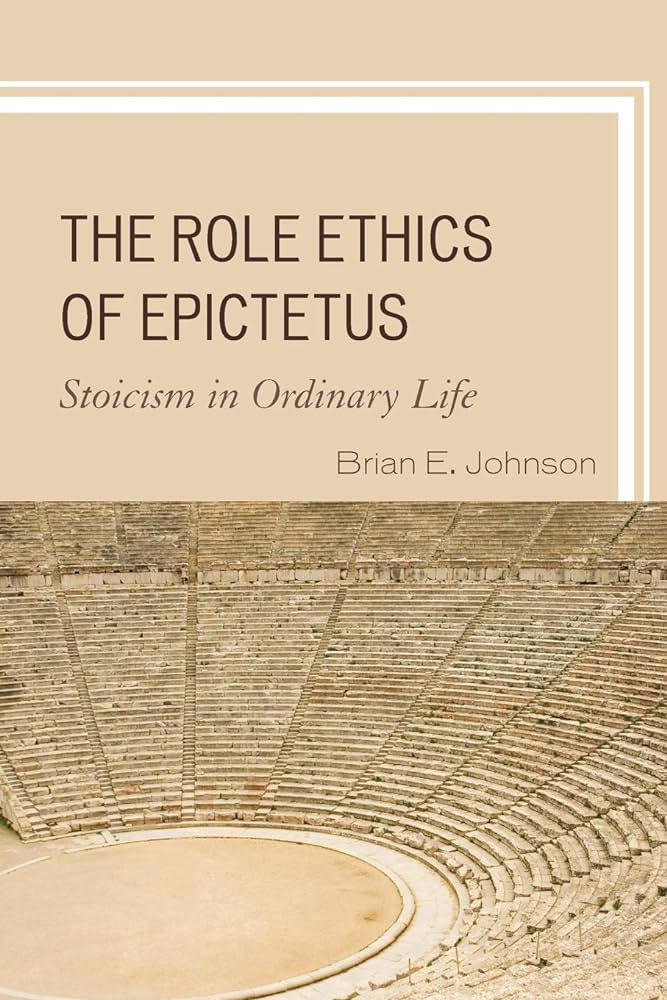It is with some trepidation that I write this. I haven’t posted to Walking Away in several months — and, since some of you subscribe to this and support the project financially, this is rather embarrassing.
To put things bluntly: while working on other projects (including a book proposal), this newsletter just slipped out of my mind. Add to that some troubles getting my young son to sleep properly (which actually required a specialists’ help) and some of my own health problems (which are, thankfully, improving) and you might see why I didn’t post. But still, people were paying for this newsletter and didn’t get any writing from me for awhile. While I am to fix that now, an explicit and unequivocal apology is called for: I am sorry. I’ve paused billing on this newsletter for the next month. I’ll be writing more — but subscribers deserve some content that they have, in fact, already paid for. And free subscribers can see more about of the content that I’ll be writing.
Today, some books worth your time. (We’ll wrap up Marcus Aurelius’ Meditations very soon.)
Orwell: The New Life
Over the past few weeks, I’ve been revisiting the works of George Orwell. This was not occasioned by anything in particular — I had just been meaning to revisit the major works of Orwell (and visit for the first time the minor works).
Orwell was a formative writer for me. Along with Catch-22, 1984 was one of the first books that I chose to read on my own in high school, stepping into the world of serious literature as a boy of fifteen. The nuances of 1984, and later Animal Farm, were mostly lost on me, as I suspect they are for a great many readers. The vast majority of us lack the historical knowledge needed to see precisely who or what Orwell had in mind.
Sure, the broad strokes are visible to us. Animal Farm is a pastiche of Soviet politics, with its twisted rhetoric and the power struggles of the pigs. But how many of us understand the politics of the Spanish Civil War? Or Orwell’s encounter with Stalinists, Trotskyists, and the like when he fought on the side of the republicans? Can we name all of the Soviet leaders Orwell had in mind? Can we understand why T.S. Eliot (wrongly) assumed Animal Farm was a Trotskyist text?
Similarly, 1984 is clearly a broadside against totalitarianism. But it is apparently an obscure enough text that it has been banned in different countries for being both pro-communist and anti-communist. (I have also noticed that critics and commentators seem to skip the appendix, which in addition to being an explanation of Newspeak is also an in-world commentary on the fall of Oceania. To my knowledge, only Thomas Pynchon and Margaret Atwood have made this point in print. 1984, despite appearances, has a happy ending.)
The modern reader benefits from knowledge of Orwell’s time and place. For that, few works are better than D.J. Taylor’s biography, Orwell: The New Life. A revision and update of his 2003 biography (called, simply enough, Orwell: The Life), Taylor’s biography provides extensive examinations of Orwell’s background, his political opinions, and even his own self-conscious myth-making. I cannot recommend it enough.
Along with Orwell’s novels and Taylor’s biography, I have to recommend this collection of Orwell’s essays, published by the Everyman’s Library. Arguably, Orwell’s essays are his best work. ‘Politics and the English Language’ is essential reading (I used to assign this in my introductory philosophy and ethics classes), but works like ‘Why I Write,’ ‘Boys’ Weeklies,’ and ‘The Lion and the Unicorn’ are nearly as important. These are not just good reading for those interested in Orwell’s writing because it is Orwell’s writing — they are just magnificent examples of English-language occasional prose.
Reason, Tradition, and the Good
Critical theory – along with its American progeny critical race theory – is the bogeyman of American politics. The only problem is that most people involved in the conversation about critical theory and critical race theory, especially insofar as those schools of thought are integrated into mainstream pedagogy, don’t know what they are talking about.
I don’t just mean the critics of critical theory. The mainstream, non-specialist conversation about this stuff is full of strawmen, motte-and-bailey maneuvers, and non-sequiturs. So, I decided to read some of this stuff for myself to see what all the fuss was about.
Along with David Held’s Introduction to Critical Theory and the Routledge Companion to the Frankfurt School, Nicholas’ Reason, Tradition, and the Good has proven to be essential reading. If you are at all familiar with the work of Alasdair MacIntyre, then Nicholas’ choice to place MacIntyre in conversation with the Frankfurt school will be a helpful one. MacIntyre famously criticizes the possibility of objective reason (believing instead in a tradition-constituted form of reason) which in many ways is harmonious with the Frankfurt School’s emphasis on particularity. (In this way, the Frankfurt School was actually a departure from orthodox Marxist thinking.)
I am not telling you to like critical theory — though I’m not telling you to dislike it either. What I am saying is that anyone who feels invested in the debate about critical theory in education should take the time to read the texts.
The Role Ethics of Epictetus
Awhile ago, I had the opportunity to interview Massimo Pigliucci. Pigliucci was a very gracious interviewee, and I’ll be using some of that material in a forthcoming YouTube video. When we discussed lesser known works of modern Stoicism, Pigliucci recommended this work by Brian E. Johnson.
A line that came to me again and again while reading Marcus Aurelius’ Meditations was that ethics is the art of remembering who you are. You have to understand yourself – as a human being and as a social creature embedded in a particular web of relationships – to truly act ethically. It turns out that this idea has been explored in some detail by Johnson. ‘Role ethics’, very simply, is an ethical theory that emphasizes the various social roles that you occupy.
Goddess of the Market
I have a strange soft spot for biographies and works of history that focus on 20th century America, and especially those which start after World War II. I cannot explain exactly why I love these books so much, but I do. Maybe I feel like this was a part of history that I just barely missed out on.
Jennifer Burns’ Goddess of the Market is primarily a biography of Ayn Rand. Now, Rand is not a writer that I particularly enjoy — I am reading her works now as research for a longer YouTube video I hope to release before the end of the year, and my reaction has been tepid at best. But the story Burns tells is compelling. Rand, a Russian immigrant with a poor command of English, became a best-selling author and a significant public intellectual in roughly a decade. Burns humanizes Rand without turning away from the odious parts of Rand's life, like the cult of personality that formed around her after the release of Atlas Shrugged.
Rand’s fans love her and, because of this overwhelming love, construct a hagiography about her. This fails to do justice to Rand’s story. Her enemies hate her, but they often don’t bother to read her. Burns takes the honest route. Her work is well-sourced, thorough, and shows a refreshing amount of fairness — and with Rand, fair treatment includes a heaping dose of criticism. This is what an intellectual biography should be.
Other Miscellany
If you don’t have time for reading right now, or are looking for some other sources of entertainment, let me make a different sort of recommendation.
matttt, a specialist in the history of comic books, has become one of my favorite YouTube creators. And so I want to recommend his most recent video on Junji Ito. It gets creepy, given Ito’s subject matter, but mattt is great at closely analyzing the medium while telling a good story.









Thank you, Jared, and hi from Argentina. I often watch your youtube videos and they have been very helpful to me as a reader. I will definitely check out Johnson's book since I believe it resonates with both my personal and political present (Argentina is going through massive political thurmoil).
Thanks again!
Hey man, magnificent suggestions thank you for the Rand biography, very helpful